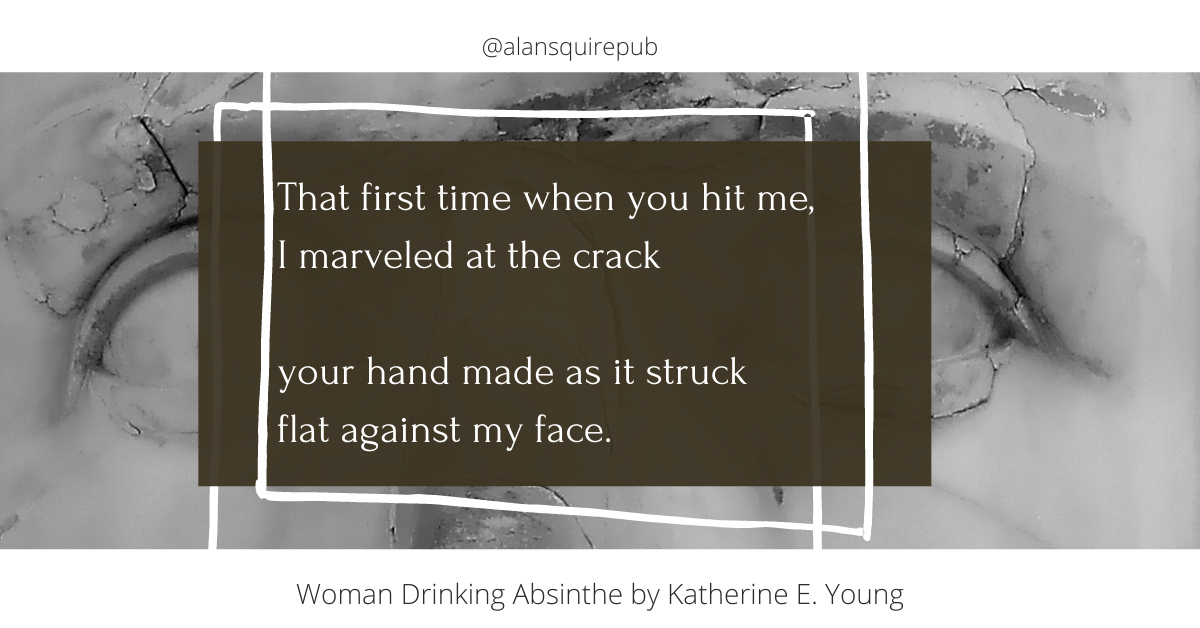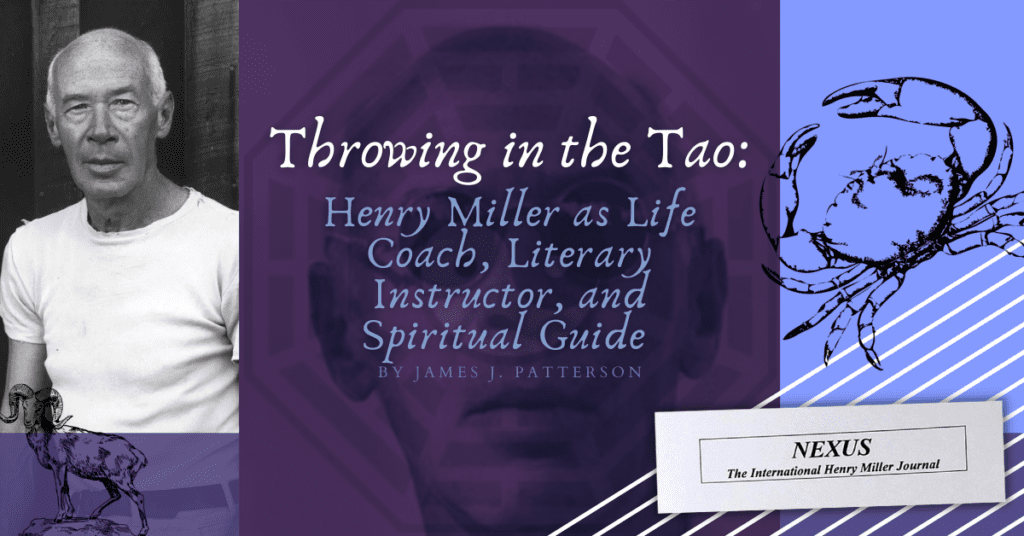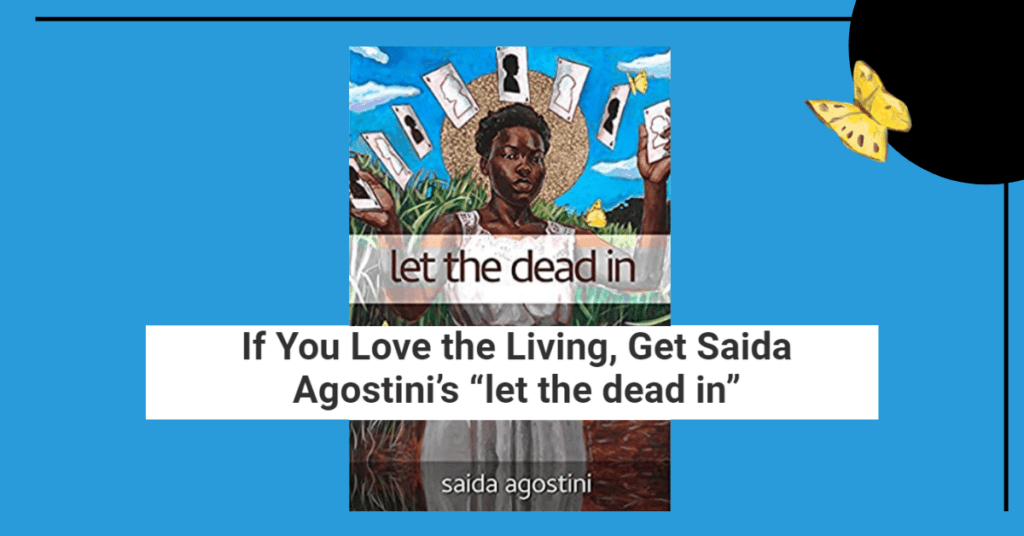WOMAN DRINKING ABSINTHE Analyzed by Billy Mills
Former Guardian Literary Journalist, Billy Mills, analyzes the conception of love in Katherine E. Young's new collection.

"Young’s core subject is love, but there’s nothing redemptive or particularly healing about its manifestations," writes Billy Mills in his analysis of Young's Woman Drinking Absinthe. Elsewhere he compares the different manifestations of this theme to coeval poets Christopher Jane Corkery and James Roome.
Mills analysis is fitting for Young's work which comes from a deeply literary place and is steeped in evocative allusion. Mills places WDA alongside the likes of Pound and Eliot in his thinking. Like these poets, Young uses unorthodox and historically informed forms and diction in her poetry.
An excerpt of Mills' analysis follows:
"The fourth (of five) sections of Katherine E. Young’s Woman Drinking Absinthe is a single sequence, ‘Place of Peace’ that takes off from a visit to the Civil War memorial at Shiloh National Military Park. The fourth section of the sequence opens with he line ‘Who doesn’t desire to be mesmerized by love?’ and ends ‘once more I fear the shadow of his hand.’ These lines could be said to serve as the twin poles of the entire collection.
For Young’s core subject is love, but there’s nothing redemptive or particularly healing about its manifestations."
The poems in Katherine E. Young’s Woman Drinking Absinthe concern themselves with transgressions. Lust, betrayal, guilt, redemption: Young employs fairy tales, opera, Impressionism, Japonisme, Euclidean geometry, Greek tragedy, wine, figs, and a little black magic to weave a tapestry that’s as old as the hills and as fresh as today’s headlines.
Throwing in the Tao; James J. Patterson’s New Essay Appears in Henry Miller Journal
The full title of James J. Patterson’s new essay which appears in Nexus: The International Henry Miller Journal is “Throwing in the Tao: Henry Miller as Life Coach, Literary Instructor, and Spiritual Guide”
Joseph Ross Reviews “let the dead in”
Poet and critic, Joseph Ross, tackles the wrinkles and crevasses of Saida Agostini’s maverick debut poetry collection, let the dead in.
Saida Agostini Publishes Poem in Perugia
Saida Agostini’s “An Incomplete Legend on Love” first appears in her debut poetry collection let the dead in. Perugia Press, who is doing a feature on exceptional, emerging BIWOC poets and artists, have republished “An Incomplete Legend on Love” on their website, featuring a bio of Agostini and information on let the dead in.


